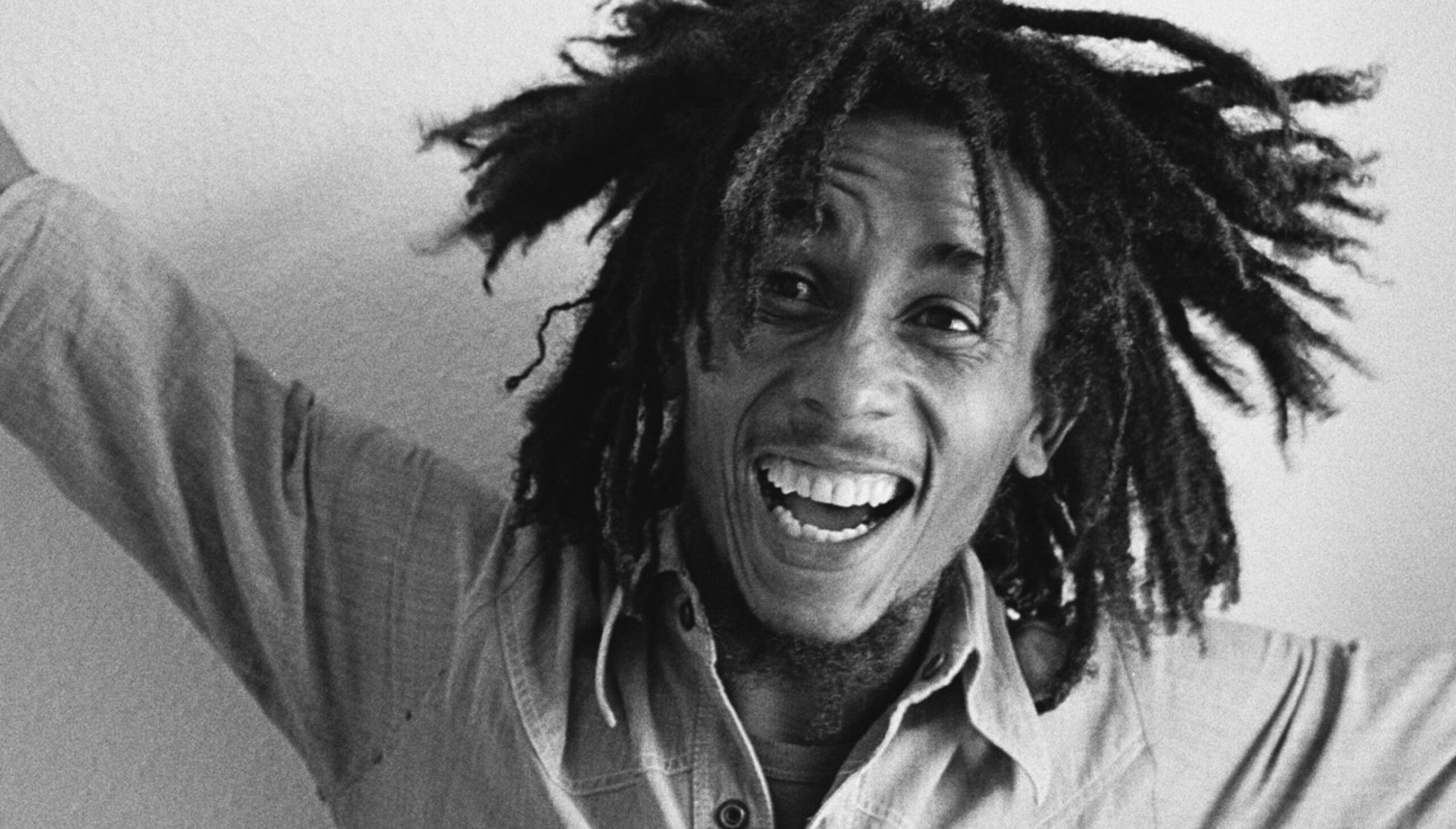Living in a country where life expectancy is 54 years, it may seem in bad taste to nurse even a whiff of ambivalence in one’s contemplation of their fiftieth birthday. But little else can truly be as ambivalent as the process of aging; from adoringly nurturing the early strands of grey in one’s 20s to observing, with a note of alarm, as nearly all the hair around a balding pate turn a sea of grey.
Growing from being almost always the youngest in a room to mostly the oldest can really be a tough feeling to deal with. Yet, nothing can feel as blissful as the dignity that such transition confers. So, why does the onset of middle age seem like a dreadful thing sometimes?
“[50] is a demanding age,” noted Simon Kuper in his essay, “How to Cope with Turning 50”, published in the Financial Times on October 10, 2019. “Often 50 is a career peak: the point when you are experienced but not yet visibly falling apart… Workers over 50 are written off as tired and uninventive,” he added.
As I turn 50 on May 8 this year, I have been wondering how so unbelievably fast the years have gone by. Indeed, the 1980s – the coming-of-age decade for me and my post-war contemporaries – seem only like yesterday when we couldn’t wait to get out of secondary school, dancing to repeated play of Gerald Levert’s Casanova and Timex Social Club’s Rumours at an adjoining hall to the utter exasperation of Mrs P. B. Taiga (really baffling we never found out what the initials in her name stood for), our very prim and curt principal who calmly walked away from the assembly hall without giving her customary valedictory counsel to departing Class 5 students.
Advertisement
But “youth is a mask, and it don’t (sic) last,” as Rod Stewart sang. The hubris of our teenage years has long been tempered by time and the hand of fate, which either smoothened the pathway for some or dealt cruel blows to others, sometimes leaving even the most ebullient and presumed “likeliest-to-succeed” amongst us a shell of their former selves. With age comes a lot of circumspection and stoic acceptance of reality. As Kuper observed further, “not just energy but desire too wanes by 50”, owing to what he termed “draining of the life-force”. This is particularly so where a career peaks early, as mine had as a newspaper editor.
I have as well marveled at how unyielding and immutable the social ills that plague our country have remained. They have indeed grown worse. I still recall the many grim newspaper headlines I read as a child to my father (a rite of passage of sorts for his children) that starkly outlined the social and economic ruin of the time, like the shameful racket that arose from the scarcity of “essential commodities”.
However, even amid that despair, a few things like quality, tuition-free education could still be taken for granted, thanks to the legendary Alhaji Lateef Jakande who scrupulously implemented the Unity Party of Nigeria’s free education policy as governor of Lagos State. Each time I hear people say that free education cannot possibly be qualitative, I simply refer them to that era which, happily, is not such a long time ago. In just four years, this great man who passed on in February recorded achievements that will long remain touchstones of selfless service. Today, I’m aghast at how the vast sum I pay for my children’s school fees has, ironically, failed to yield a knowledge comparable to the kind of learning to which I had been exposed – devoid of any fee!
Advertisement
The post-civil war decade was a particularly harrowing period for the Igbo, no less so for my father, a brilliant cop whose outstanding resume – an assistant superintendent of police before the war and one of only few indigenous instructors at the Southern Police College, as the Police College, Ikeja, was then called – counted for nothing. He would, like most Igbo police officers who fought on the Biafran side, be dismissed at the end of the war. Restitution only came many years later when the Olusegun Obasanjo administration converted the dismissal to retirement. The payment of the gratuity, sadly, materialized after his death.
Lagos in the ’80s teemed with factories that offered a steady stream of vacation jobs through which students could earn an extra income, although at the risk of their parents’ ire. Besides the extra income, those jobs helped satiate the sense of independence that students craved then. The story of those factories’ latter years is one that merits a treatise. Let’s just say their massive space transformed from serving the cause of Mammon to more spiritual pursuits like saving souls.
Levert was right at the heart of the creative ferment that offered us an endless dose of escapism and made the 1980s such an effervescent decade. Some other artistes whose music was an essential part of the soundtrack of my teen years included Lionel Richie, Billy Ocean, DeBarge, Glenn Jones, Chaka Khan, Kool and the Gang, Joyce Sims, SOS Band, Gloria Estefan, Madonna, Luther Vandross, Midnight Star, Deniece Williams, Whitney Houston, Shannon, Fleetwood Mac, Sonny Okosun, Onyeka Onwenu, Majek Fashek and, of course, the inimitable king of pop whose looks, dress sense and dance steps we tried in vain to appropriate – Michael Jackson. There were songs as well which literally turned us into sentimental freaks like Teddy Pendergrass’ and Whitney Houston’s Hold Me, George Benson’s Nothing’s Gonna Change My Love for You, Donna Summer’s Unconditional Love, Richie’s and Diana Ross’s Endless Love, Atlantic Starr’s Secret Lovers, and a personal favourite, Simply Red’s Holding Back the Years.
In the pre-Google era when the lyrics of our favourite songs were still largely inscrutable, it was okay to simply revel in the melody and be content singing the few lines that were fairly discernible. With lyrics now readily available on demand, the rush of emotions stirred by Simply Red’s lead vocalist Mick Hucknall in their period-defining song remains just as compelling as it was when I first heard it as a secondary school student: “Holding back the years/ Thinking of the fear I’ve had so long/… Holding back the tears/ Chance for me to escape from all I know/ Holding back the tears/ ‘Cause nothing here has grown/ I’ve wasted all my tears/ Wasted all those years/ Nothing had the chance to be good/ Nothing ever could…”
Advertisement
Surely, there was no decade like the 80s; musically, that is. But what really was all that frenzy about? What is it that makes the music of our youth seem so evergreen? Can this generation’s youth speak in similar nostalgic tone, decades later, about the music of their early years? It’s not a worry I can eagerly share with Marlians though. Aside from the fear of being mercilessly harangued, I’m convinced that tapping into the zeitgeist of the millennial generation is essential to keeping the zest of youth alive. This has entailed banishing any incipient insularity, and stretching the elasticity of my eclectic taste even further; binging on Burna Boy’s socially-conscious Monsters You Made and the spectacular, but seemingly under-appreciated, talent of Fireboy DML.
Several items on a bucket list may have been ticked, but somewhere a sense of unfulfillment could still lurk. Leaving journalism for the rather humdrum life of a political aide has given me room to devote time to creative endeavours like completing unfinished manuscripts, and even writing the screenplay for a film loosely based on the Iva Valley massacre, a sad incident that occurred in Enugu, on November 18, 1949, when British colonial forces shot dead 21 miners demanding improved pay. Despite the Covid-19 slowdown that scuppered the dream of having the movie premiere on my birthday, the project has proved a needed spark for an inexorable midlife ennui.
In the 1980s, it was somewhat de rigueur for students to use the ageist moniker, “my old guy”, in reference to their fathers. I never quite got used to calling my father that. To us then, they were aging figures whose largely conservative values had no place in our “modern” world. But years later, most of us roughly the same age as our parents when we were in secondary school, I always pondered the irony as we flatter ourselves during alumni association meetings, complimenting one another’s “youthful looks” even where some have aged so much they hardly looked like that fresh-faced school mate you once knew. It would be interesting to know if our children also now see us as dinosaurs.
Such anxiety is understandable in a world where subtle discrimination on account of age has gradually gone mainstream, a point which Kuper apparently hints at in the essay referenced earlier. “Looking old is bad, but feeling old is worse,” he wrote. The narcissism of youth may have gone, but lately I find myself doing some double takes in front of mirrors, trying to find some reassurance that years of sedentary job in the newsroom haven’t taken an undue toll. Sadly, whatever comfort such appraisal might have offered is offset by George Orwell’s cynical reminder that “at 50, everyone has the face he deserves”.
Advertisement
I have in my despair looked up the Nigerian National Youth Policy to ascertain the demographic into which I fall. I’m happy to announce that the policy drawn up in 2009 defines youth as any age between 18 – 35. That’s a very Orwellian way of saying that age is just a number. How so reassuring knowing that a sworn affidavit of age declaration, taken with slight tongue in cheek, can help shave some few years off to get me back in that exciting club.
And as Garth Brooks (remember him? He was the guy who sang Amazing Grace at US president Joe Biden’s inauguration) crooned in 1989, I can confidently say that I’m “much too young to feel this damn old”. Nonetheless, I didn’t forget to remind my bemused photographer after my photoshoot (shhhh. No sniggering. There’s now a photoshoot for every occasion imaginable) to not airbrush my wrinkles. “But why not?” he asked. I replied with an Anna Magnani-esque chutzpah: “It took me so long to earn them.” So, here’s to me on my fiftieth birthday; and to my mother – a proud member of the Nigerian police class of 1961 – whose eightieth birthday comes 13 days after mine.
Advertisement
Ani, former editor of ThisDay – The Saturday Newspaper, and Saturday Telegraph, is a senior communications aide to the governor of Enugu State. Follow on Twitter @AniLaurence
Advertisement
Views expressed by contributors are strictly personal and not of TheCable.
Add a comment







